Archaeology
-
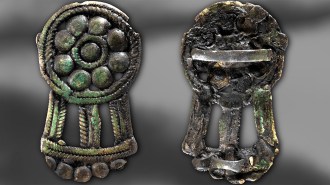 Archaeology
ArchaeologyArctic hunter-gatherers were advanced ironworkers more than 2,000 years ago
Swedish excavations uncover furnaces and fire pits from a big metal operation run by a small-scale society, a new study finds.
By Bruce Bower -
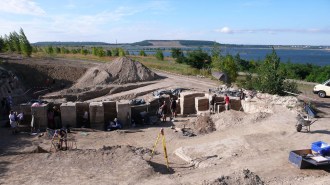 Archaeology
ArchaeologyNeandertals were the first hominids to turn forest into grassland 125,000 years ago
Neandertals’ campfires, hunting and other activities altered the land over 2,000 years, making them the first known hominids to impact their environs.
By Bruce Bower -
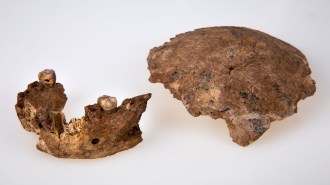 Anthropology
Anthropology2021 research reinforced that mating across groups drove human evolution
Fossils and DNA point to mixing and mingling among Homo groups across vast areas.
By Bruce Bower -
 Anthropology
Anthropology‘The Dawn of Everything’ rewrites 40,000 years of human history
A new book recasts human social evolution as multiple experiments with freedom and domination that started in the Stone Age.
By Bruce Bower -
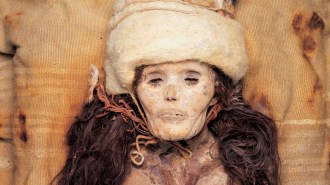 Genetics
GeneticsDNA from mysterious Asian mummies reveals their surprising ancestry
Ancient DNA indicates that an enigmatic Bronze Age group consisted of genetic, but not cultural, loners.
By Bruce Bower -
 Archaeology
ArchaeologyLidar reveals a possible blueprint for many Olmec and Maya ceremonial sites
An Olmec site forged a building plan more than 3,000 years ago for widespread Olmec and Maya ritual centers across Mexico’s Gulf Coast.
By Bruce Bower -
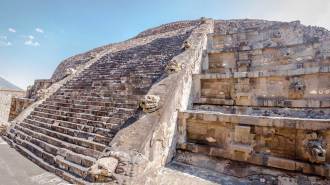 Anthropology
AnthropologyLasers reveal construction inspired by ancient Mexican pyramids in Maya ruins
Archaeologists have uncovered structures in Guatemala that are remarkably similar to La Ciudadela and its temple at the ancient city of Teotihuacan.
-
 Archaeology
ArchaeologyVikings lived in North America by at least the year 1021
Wooden objects provide the most precise dating yet of a Norse settlement in Newfoundland.
By Bruce Bower -
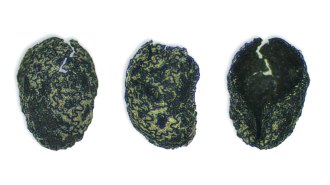 Archaeology
ArchaeologyThe earliest evidence of tobacco use dates to over 12,000 years ago
Burned seeds at an archaeological site in Utah hint at tobacco’s popularity long before it was domesticated.
By Bruce Bower -
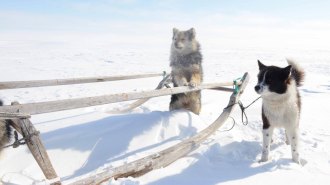 Archaeology
ArchaeologyDog DNA reveals ancient trade network connecting the Arctic to the outside world
People in Siberia were exchanging canines and probably other goods as early as 7,000 years ago with cultures as far off as Europe and the Near East.
By Freda Kreier -
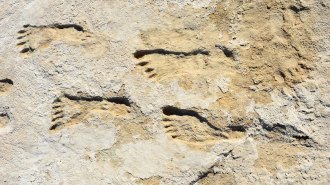 Anthropology
Anthropology‘Ghost tracks’ suggest people came to the Americas earlier than once thought
Prehistoric people’s footprints show that humans were in North America during the height of the last ice age, researchers say.
By Freda Kreier -
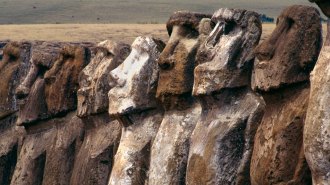 Genetics
GeneticsDNA offers a new look at how Polynesia was settled
Modern genetic evidence suggests that statue builders on islands such as Rapa Nui, also known as Easter Island, had a shared ancestry.
By Bruce Bower